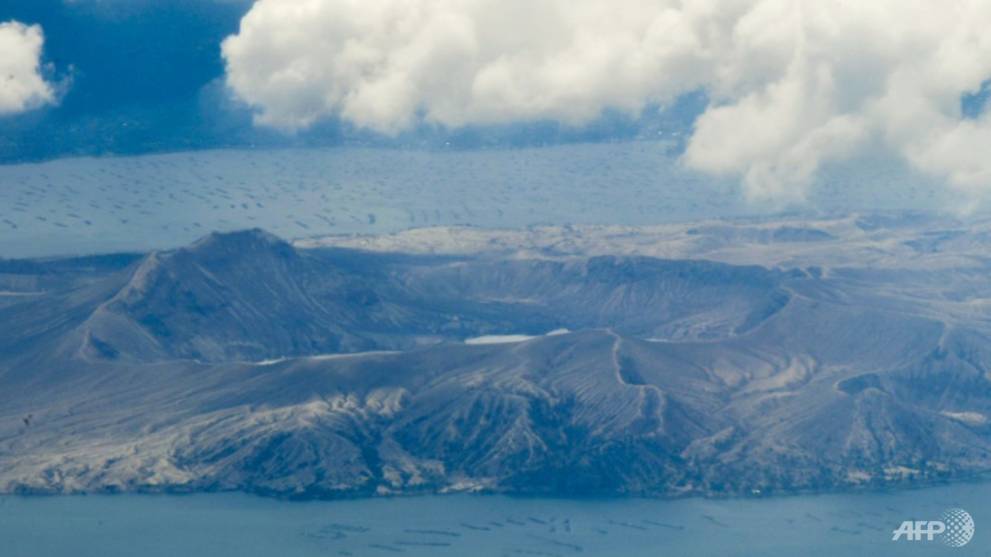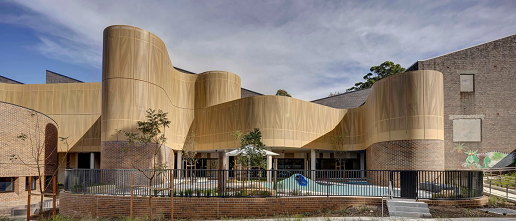According to [Channel News Asia CNA], Philippine scientists warned on Sunday (Jul 4) a volcano south of Manila could erupt again "anytime soon" as toxic gas emissions hit a record high and thousands more people in vulnerable communities left their homes.
Taal volcano, which sits in a picturesque lake, has been discharging Sulphur dioxide for the past week, creating a haze over Manila and several surrounding provinces, and prompting health warnings.
Read more: Taipei City to strengthen quarantine measures for confirmed cases
According to [Channel News Asia CNA], nearly 4,500 people have left their homes since authorities called for evacuations of high-risk areas on the lake's shores, the provincial disaster agency said on Sunday. Some settlements have been locked down, temporarily preventing residents from returning to their properties.
"An eruption similar to the Jul 1, 2021 event may occur anytime soon," the Philippine Institute of Volcanology and Seismology said in a statement.
Taal, which lies 50km south of Manila, burst to life last Thursday, sending steam and rock fragments hundreds of meters into the sky.
Read more: Entrance to Markets in Taipei Determined by the Last Digit of ID
According to [Channel News Asia CNA], several smaller eruptions followed. It prompted the seismological agency to raise the alert level from two to three. The last eruption there in January 2020 shot ash 15km high and spewed red-hot lava, crushing scores of homes, killing livestock, and sending more than 135,000 people into shelters.
Taal is one of the most active volcanoes in a nation hit periodically by eruptions and earthquakes due to its location on the Pacific "Ring of Fire" - a zone of intense seismic activity.







